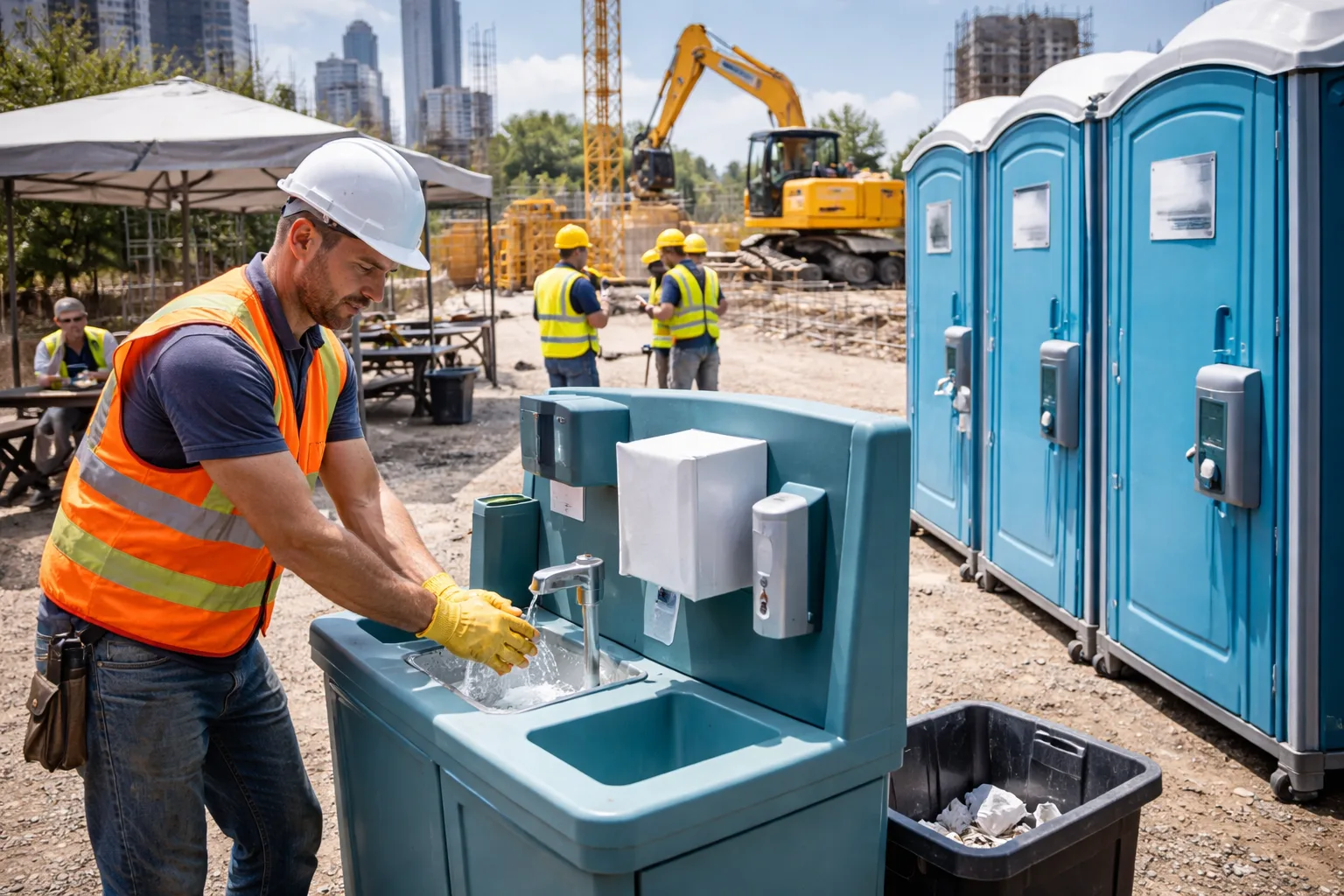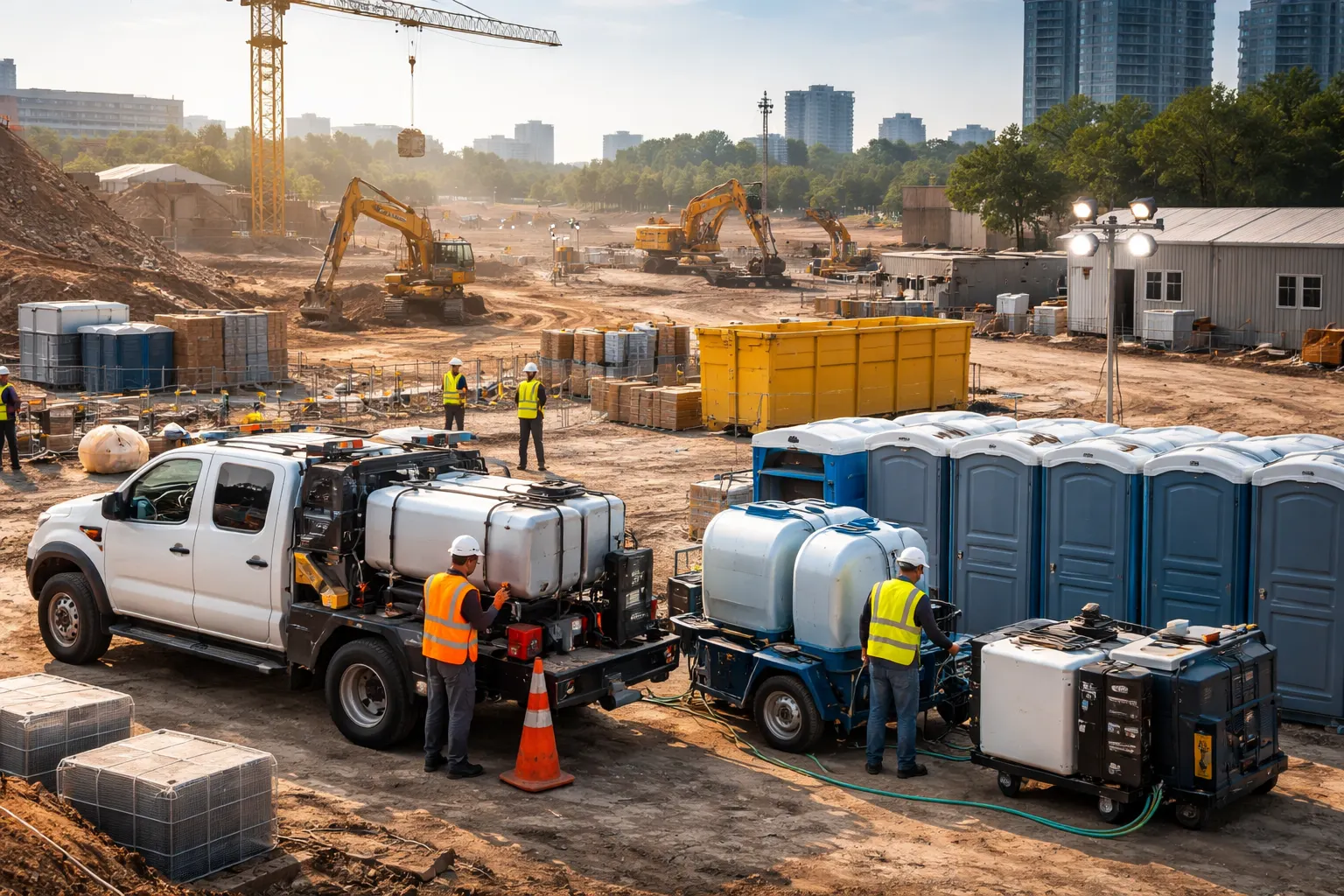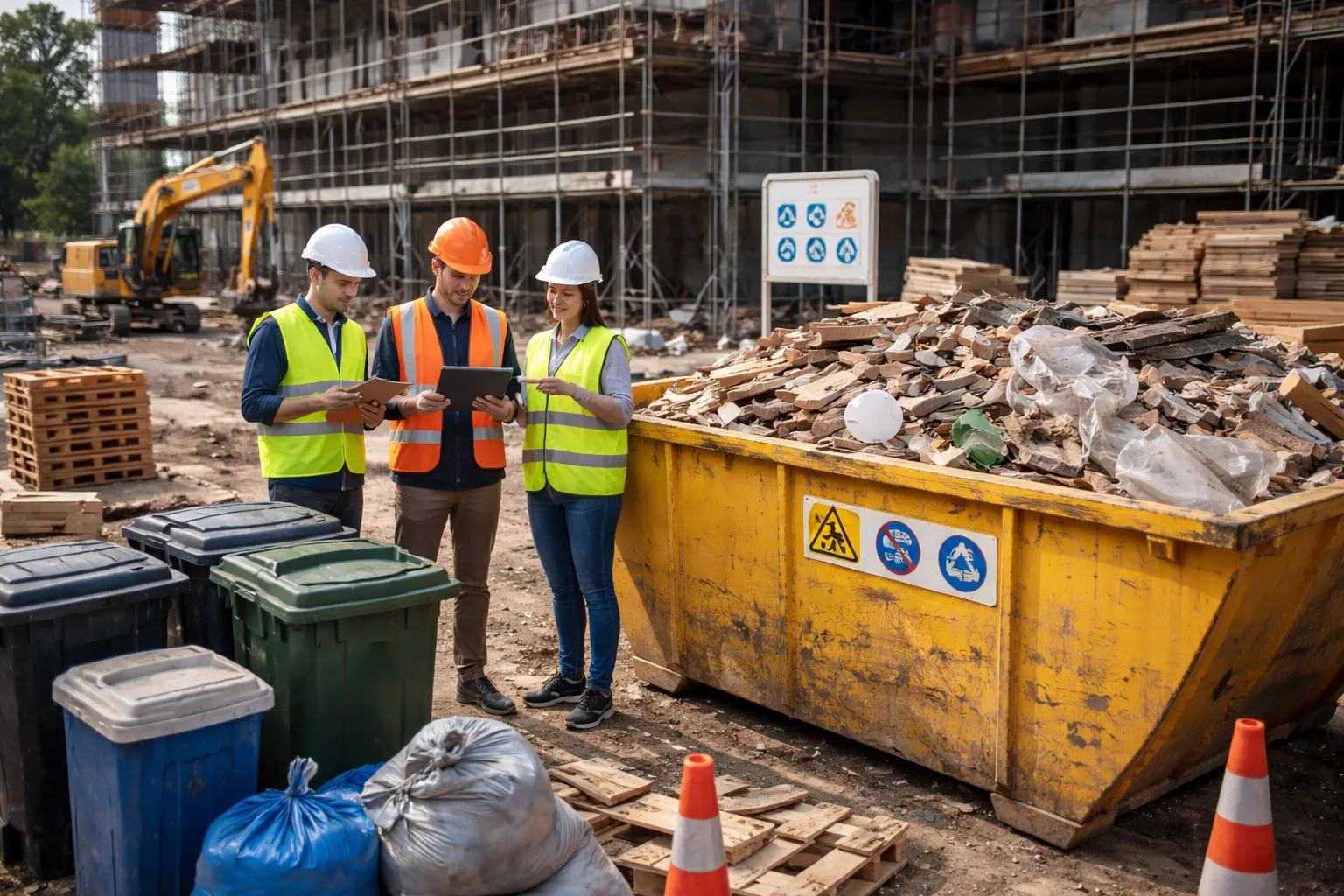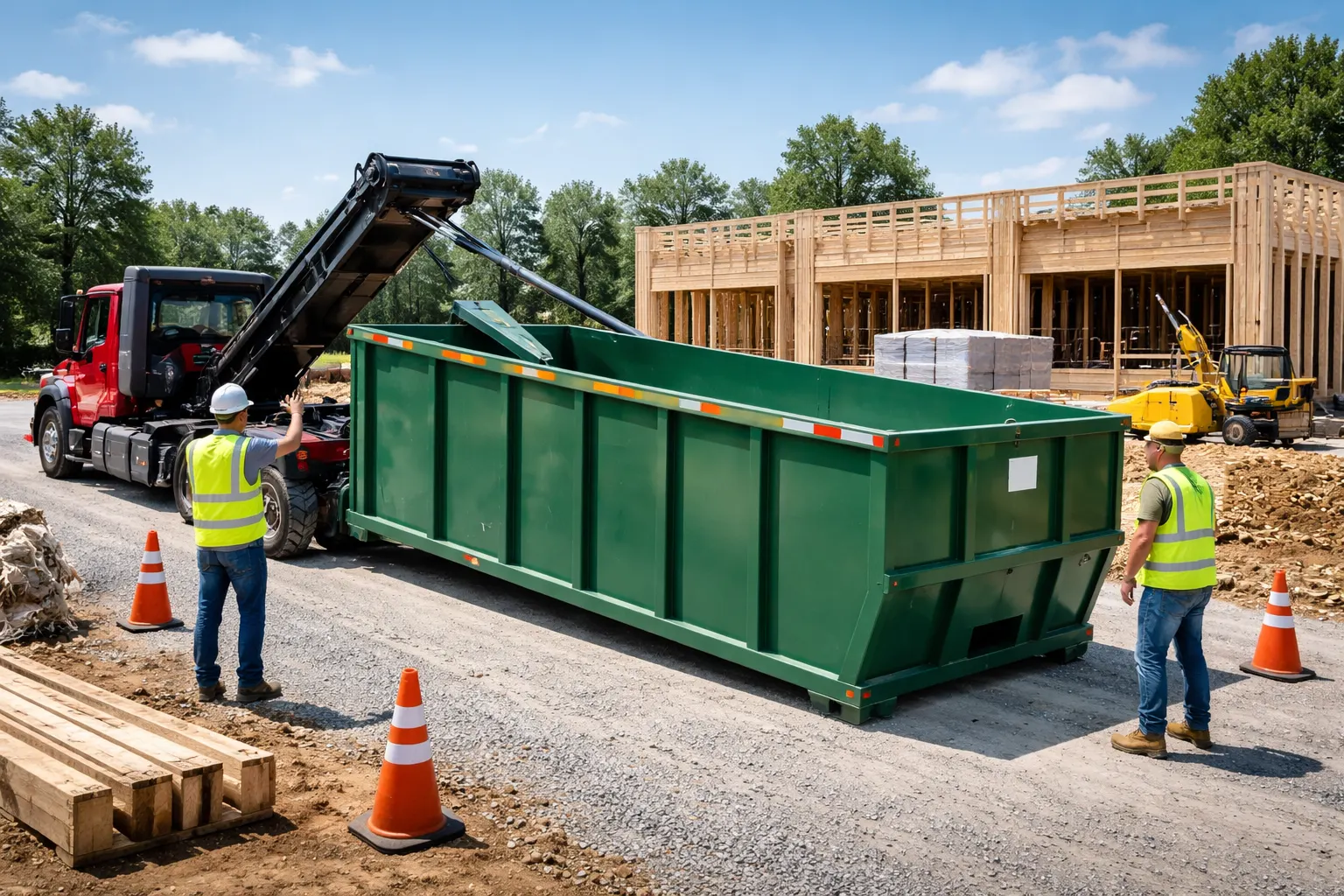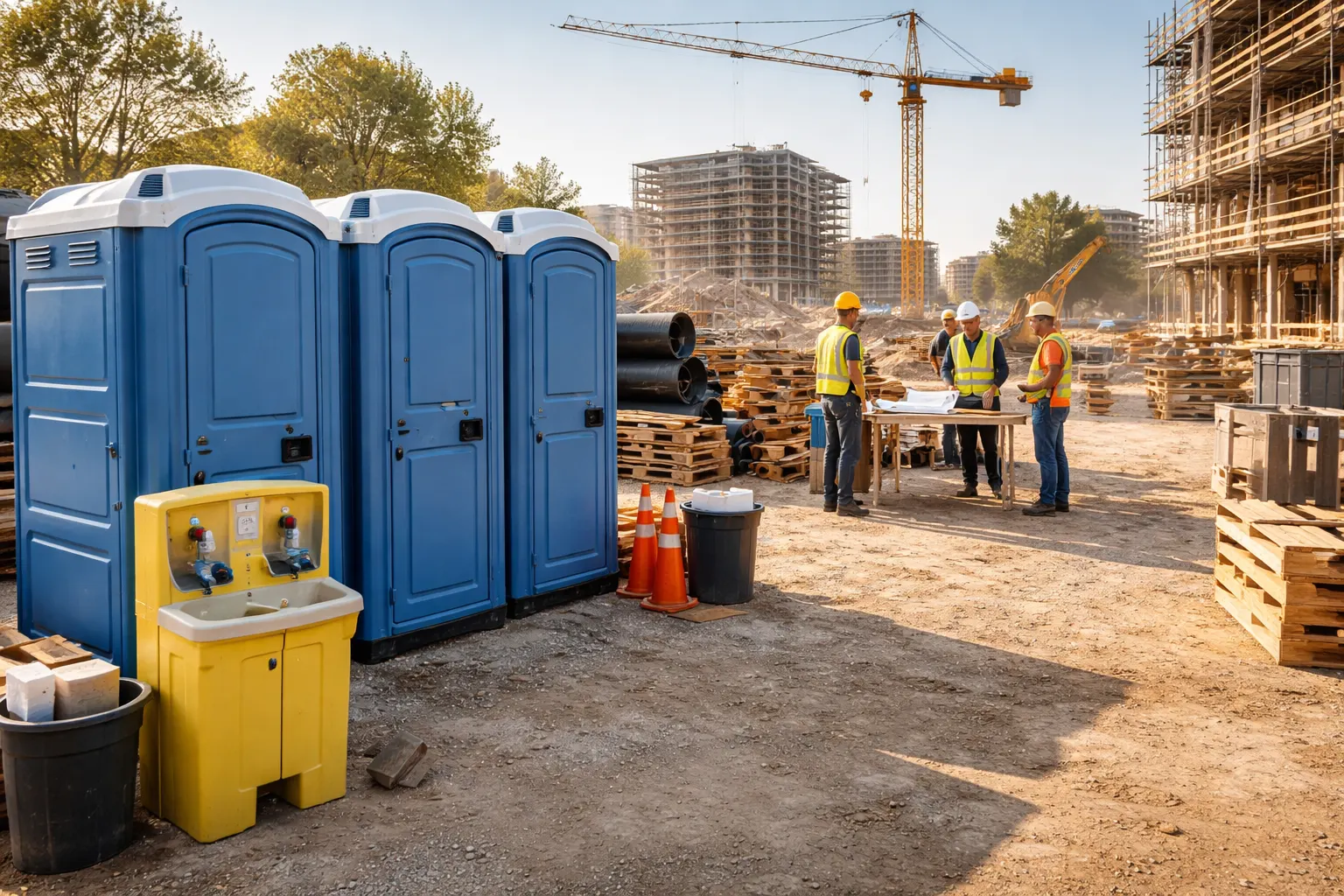When it comes to managing a construction site, keeping the area clean is crucial for both safety and efficiency. However, deciding on an appropriate cleanup schedule can be a challenge, as it significantly impacts the project’s success. Should you opt for daily site maintenance or stick to a weekly cleanup service? Each approach has its distinct advantages and drawbacks, and understanding them is key to making an informed decision. In this article, we delve into the pros and cons of both approaches to help you determine the best fit for your project.
Understanding the Importance of Site Cleanup
Before diving into the specifics of daily and weekly cleanups, it’s essential to recognize why site cleaning is so vital. A clean construction site isn’t just about aesthetics; it’s about maintaining a safe and efficient working environment that complies with regulations. The cleanliness of a site can significantly influence the project’s overall success, impacting worker morale, productivity, and safety.
Safety First
A cluttered site can pose numerous hazards. From tripping over debris to dealing with hazardous waste, an untidy construction area can lead to accidents. Regular cleanup helps minimize these risks, ensuring a safer working environment for everyone involved. Moreover, a clean site reduces the likelihood of injuries, which can lead to costly worker compensation claims and project delays. Safety is paramount, and maintaining a clean site is a proactive step in accident prevention.
Efficiency and Workflow
A clean site enhances efficiency. Workers waste less time searching for tools and materials when everything is orderly. Moreover, a tidy site allows for smoother workflows, reducing delays and increasing productivity. An organized environment can lead to significant time savings, allowing teams to focus on their tasks rather than getting sidetracked by clutter. Furthermore, a clean site can facilitate better coordination among different teams, as it provides a clear and accessible workspace.
Compliance with Regulations
Construction sites must adhere to strict regulations regarding waste disposal and site maintenance. Regular cleanup ensures compliance with local laws, avoiding potential fines and project delays. Non-compliance can result in hefty penalties and legal issues, which can be avoided through regular and thorough cleaning practices. Additionally, being diligent in site cleanup can enhance a company’s reputation, showcasing its commitment to safety and environmental responsibility.
Daily Site Maintenance: Pros and Cons
Daily construction cleaning involves clearing debris and organizing the site at the end of each workday. Let’s explore the advantages and potential drawbacks of this approach.
The Benefits of Daily Cleanup
- Enhanced Safety: Daily cleanup reduces the risk of accidents by promptly removing potential hazards. Regular attention to site cleanliness ensures that dangerous materials or obstacles are dealt with immediately, minimizing potential risks.
- Consistent Workflow: Regular cleaning ensures that the site is always ready for the next day’s tasks, maintaining productivity. This consistency helps in the seamless transition from one phase of construction to another, preventing disruptions.
- Immediate Problem Resolution: Addressing issues daily allows for quick solutions to any unforeseen problems, preventing them from escalating. This proactive approach can save time and resources in the long run, as small issues are less likely to evolve into significant setbacks.
- Improved Morale: A clean work environment boosts worker morale, leading to increased job satisfaction and performance. Workers tend to be more motivated and productive when they operate in a well-maintained, orderly environment.
Potential Drawbacks
- Higher Costs: Daily cleanup can be more expensive due to the increased labor required. The need for additional staff or overtime hours can strain the project budget, especially for smaller companies.
- Time-Consuming: Cleaning every day may take time away from other tasks, potentially affecting project timelines. Allocating time for daily cleanup might mean less time for actual construction work, which could lead to extended project durations.
Weekly Cleanup Service: Pros and Cons
Alternatively, some projects may benefit from a weekly cleanup schedule. This involves a thorough site cleaning once a week.
Advantages of Weekly Cleanup
- Cost Efficiency: With less frequent cleaning, labor costs are lower, which can be beneficial for budget-conscious projects. This approach allows for better allocation of resources, directing more funds towards construction materials and other critical areas.
- Focused Cleaning: A weekly schedule allows for a more detailed and comprehensive cleanup, tackling areas that might be overlooked in daily cleanups. This thorough approach can address deep-seated issues, ensuring the site remains in optimal condition.
- Reduced Interruptions: Less frequent cleaning means fewer interruptions to the construction workflow. This can lead to a more focused and continuous work environment, as teams are not frequently disturbed by cleanup activities.
Potential Downsides
- Safety Risks: With debris accumulating over several days, there’s a higher risk of accidents and safety hazards. This accumulation can create dangerous conditions that jeopardize worker safety and project integrity.
- Increased Clutter: A week’s worth of debris can lead to clutter, potentially hindering productivity and efficiency. This clutter can also make it challenging to navigate the site, causing delays and inefficiencies.
- Compliance Issues: Failing to meet daily waste disposal requirements can result in non-compliance with local regulations. Regular inspections might find the site wanting, leading to fines and other legal complications.
Deciding the Best Approach for Your Project
Choosing between daily and weekly cleanup depends on several factors unique to your project. The decision should be informed by the specific needs and constraints of the project, ensuring that the chosen schedule aligns with overall project goals.
Project Size and Complexity
Larger and more complex projects may require daily cleaning to manage the volume of debris and maintain safety standards. High-traffic sites with multiple teams working simultaneously often generate more waste, necessitating frequent cleanups to keep operations running smoothly.
Budget Considerations
Evaluate your budget to determine which schedule aligns with your financial constraints. While daily cleaning might be more costly, it can save money in the long run by preventing accidents and delays. Conversely, for projects with tighter budgets, a weekly cleanup might be more feasible, provided safety and productivity are not compromised.
Regulatory Requirements
Check local regulations and compliance standards for construction waste disposal. Some areas may mandate daily cleanups, especially if hazardous materials are involved. Understanding and adhering to these regulations is crucial to avoid legal issues and ensure the project’s smooth progression.
Project Timeline
Consider your project timeline. If you’re on a tight schedule, daily cleanups can prevent time loss due to clutter and disorganization. Projects with less stringent timelines might afford the flexibility of a weekly cleaning schedule, balancing cost and efficiency.
The Cleaning Authority – Post Construction Cleaning Services
Conclusion: Tailoring Your Site Cleanup Schedule
Ultimately, the choice between daily and weekly site cleanup should be tailored to fit the specific needs of your construction project. Assess the size, complexity, and budget of your project, alongside regulatory requirements, to make an informed decision. It is essential to weigh the pros and cons of each approach, considering how they align with your project’s objectives and constraints.
In conclusion, both daily and weekly site cleanups have their unique advantages and challenges. By carefully evaluating your project’s needs, you can ensure a clean, safe, and efficient construction site. Whether you opt for frequent cleanups or a more periodic schedule, maintaining a clean site is crucial for the success of your project. A well-thought-out cleanup strategy not only enhances safety and compliance but also fosters a productive and positive work environment.


